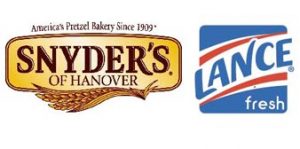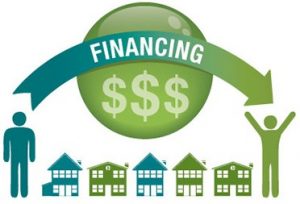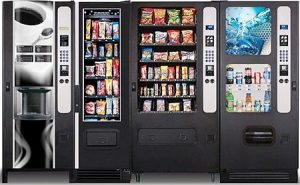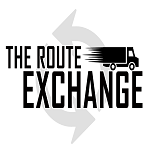Route Valuation and Pricing Methodology
The most common questions we receive in the route sales business are related to the pricing of routes. Why is this route two or even three times as much as that one? Who decided on the price? Why does that route have a truck and this one doesn’t? How come some of them have financing and others do not? These are all great questions and obviously very smart to ask when researching any business opportunity. The goal of this article is to answer those and similar questions regarding how route prices are established.
Who Sets the Price?
In almost all route sales scenarios the owner of the route will establish the price. The price they are asking should take into account a number of factors…
- Previous Route Sales Prices in the Area
- Sales Volume/Income Generated
- Value of Equipment Included
- If Financing is Available
Similar to selling a house or any other asset, the owner should start by looking for comparable routes that have been recently sold. This is typically relatively easy information to find since many routes for the same company will use the same warehouse. The seller can speak with other route owners or district managers to determine what the “market rate” is for that type of route.
What is the Pricing Model?
For most distribution routes such as bread, snack or other food routes, most routes are based on a weekly sales multiplier. Multipliers will vary from company to company and from area to area in the country. The sales volume and amount of work required for the route may be factored in as well. A few examples are below…
- Snyder’s-Lance Route near Chicago
- Comparable routes sold at 15x multiplier
- Route averages $8,000 per week in sales
- $120,000 asking price ($8,000 times 15)

The same model is used for similar routes…but as noted earlier, different companies and routes in different areas can have much different multipliers.
- Pepperidge Farm Cookie Route near NYC
- Comparable routes sell at 40x multiplier
- Route averages $8,000 per week in sales
- $320,000 asking price ($8,000 times 40)

Obviously the asking price for the Pepperidge Farm route is nearly three times that of the Snyder’s-Lance route. It is important to note that there are certain advantages to the PF route which also add to the “value” of that business. Buyers need to determine which route is the best fit for them regardless of the multiplier.
The single most important thing to remember about the route pricing is that it is dictated by the market. These sales multipliers will be consistent and can often increase over time to account for inflation and other variables. Also, keep in mind that increasing the weekly sales volume by 10% is essentially adding 10% onto the sales value of your business. Not only are you making more money while running the route but you are increasing your resale value and the equity that you have in your route.
Which Routes Offer Financing?
Unfortunately this is a question that can even vary from company to company. Typically companies like Pepperidge Farm, Snyder’s-Lance, Utz and others will have some sort of company backed financing program for qualified buyers. Typically the buyer will need to produce 10-20% in the form of a down payment. The remainder is paid back through a 10 year/120 month loan with interest rates anywhere from 5-10% depending on the person.
We do have third party funding options for buyers that are interested in vending, ATM, Mission tortilla or other similar routes. Those programs are based on individual credit review and are really the only option when it comes to third party route financing. Contact us today if you are in need of financing for a route purchase.

Does Equipment Value Play a Big Factor?
Most bread or snack route businesses do not have a ton of equipment that changes hand. A truck and handcart/dolly are about the only items typically required to keep a route running. Some owners include their truck with the sale of the route and others do not. This varies from route to route and owner to owner. If the seller is planning on buying another route then they will likely keep their truck. Each route for sale will be unique when it comes to the equipment value and whether it should be factored into the price. If a newer truck is being included then the buyer should take that into account while some sellers simply throw their truck in because it is older and they have no use for it going forward.
It is more common for vending route owners to factor equipment value into their pricing. Vending routes can have hundreds of machines, coolers, freezers, dollys, pallet jacks, trucks/vans, miscellaneous machine parts and other types of equipment that need to change hands. In these scenarios it can be fair to calculate a value for the equipment (if purchased used) and then calculate a value for the route itself based on the sales volume.




